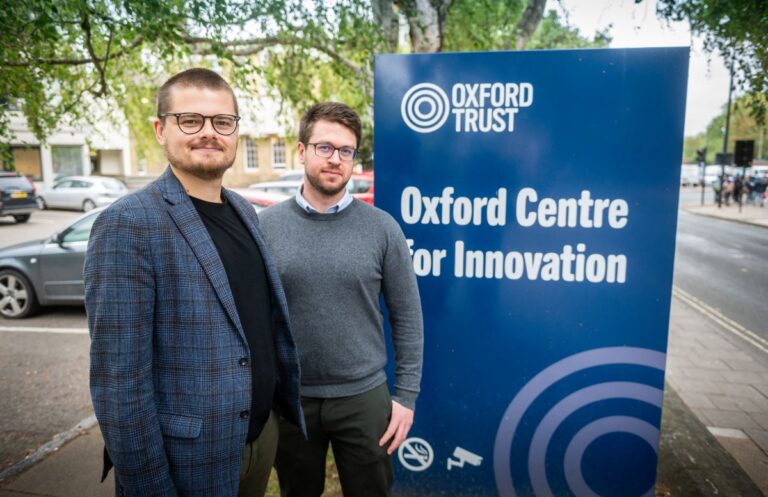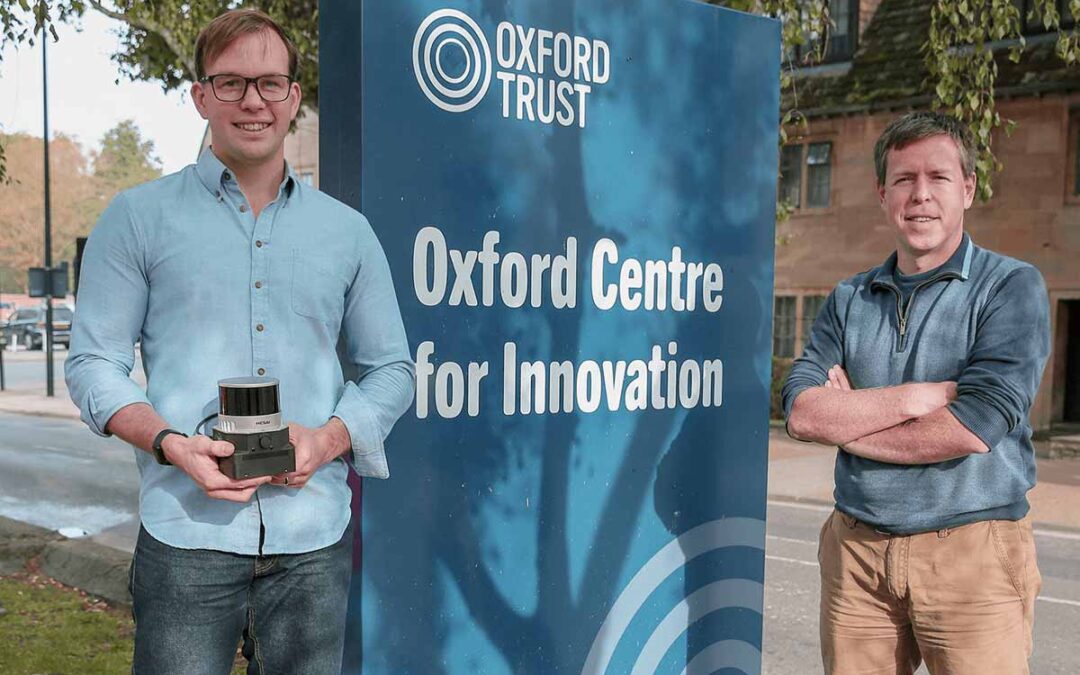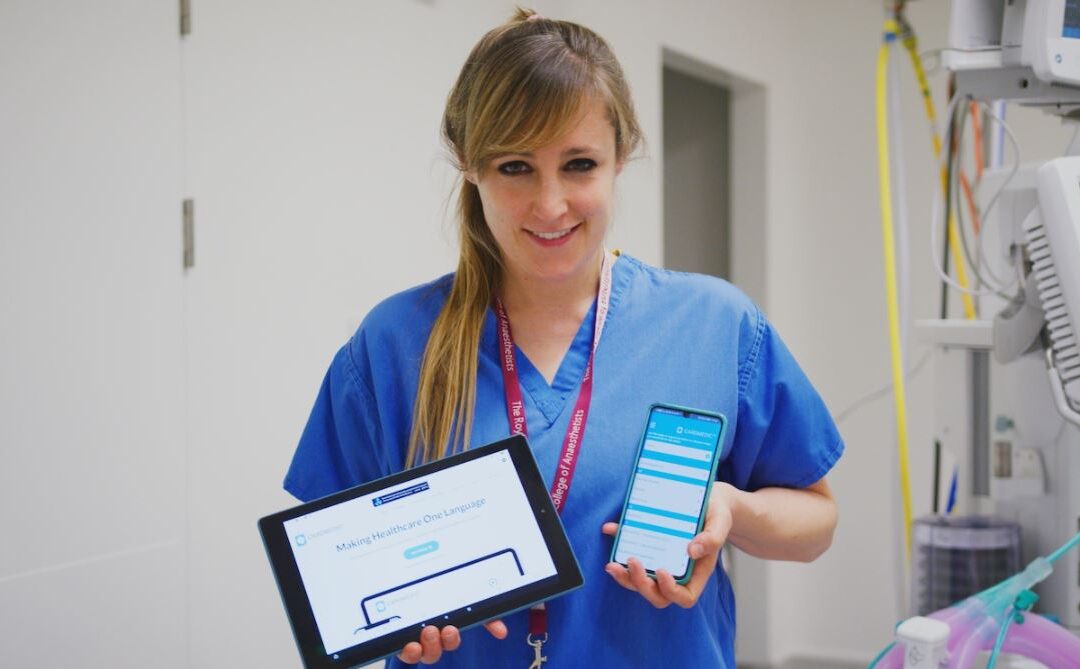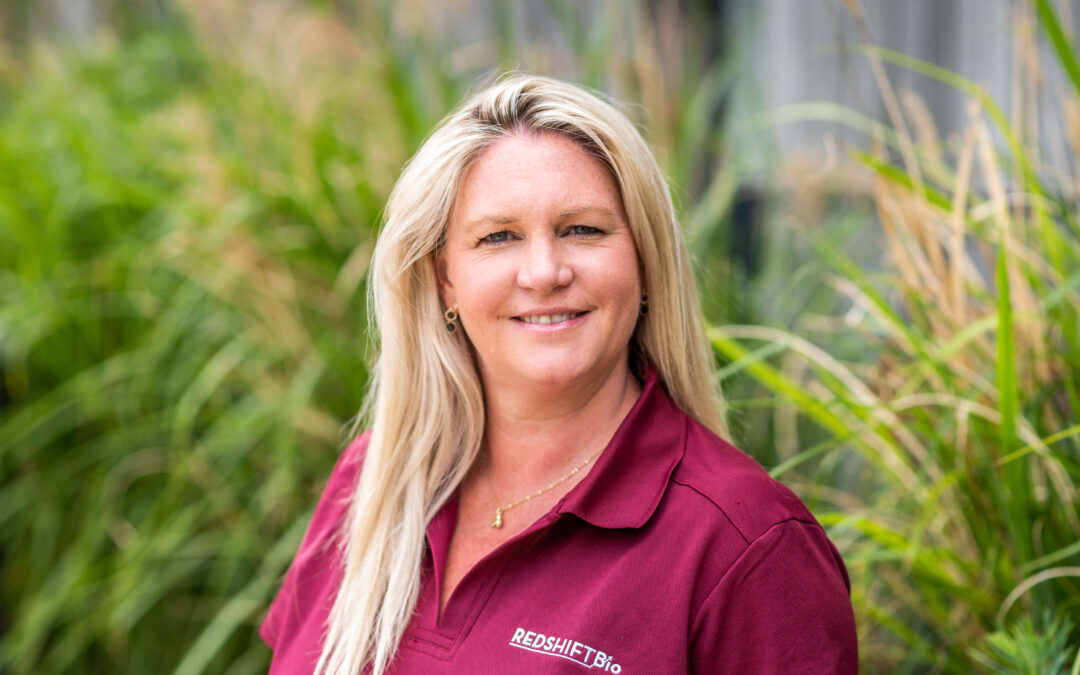


5 minutes with NavLive
University of Oxford spinout NavLive has recently joined the community of inspiring deep-tech start-ups at our Oxford Centre for Innovation. With its advanced 3D mapping technology, it aims to create new norms in the complex management of building sites, bringing...
5 Minutes with CardMedic
Award-winning healthtech start-up CardMedic has joined the community of pioneering science and tech companies in The Oxford Trust’s Oxford Centre for Innovation. We spoke to CEO Rachael Grimaldi and MD Tim Grimaldi, to find out more about their digital platform to aid...
5 minutes with Oxford Computer Consultants
Following the recent acquisition of 33-year-old Oxford Computer Consultants by long-standing partner System C Healthcare, we spoke to co-founder Dr John Boyle about his innovation journey. He shared his insights about setting up and growing a science and tech...